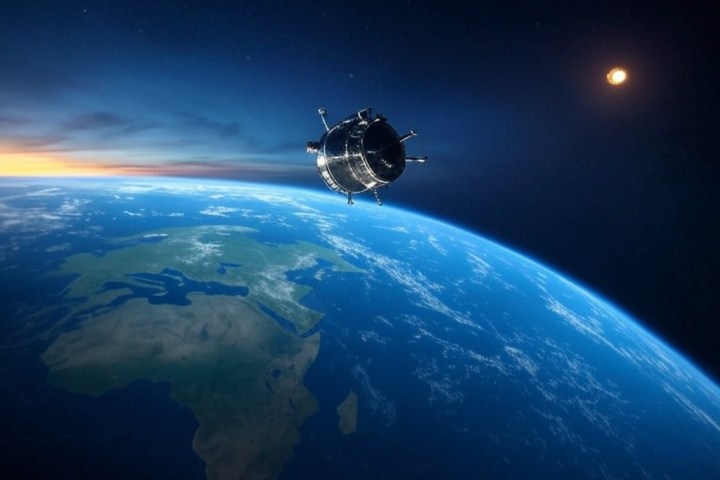Select Language:
Vodafone, a leading global telecommunications firm, has made strides in communication technology by successfully executing a “space video call” using a conventional mobile phone and commercial satellites. This breakthrough is crucial for addressing mobile coverage gaps, with plans to introduce a direct-to-smartphone broadband satellite service in the UK later this year and across Europe by 2026. However, several hurdles remain before this service can be launched.
Why is this significant?
In recent years, brands like Apple, Samsung, and T-Mobile have started integrating satellite communication features into certain smartphones and smartwatches. These features, however, are typically confined to select devices and are designed primarily for emergencies, allowing users to send messages only to emergency services in areas devoid of cellular or Wi-Fi coverage.
Vodafone aims to provide a comprehensive mobile broadband experience to individuals in regions lacking cellular or Wi-Fi access. The company’s first successful test occurred during a video call originating from a mountainous area in Ceredigion, Wales. Instead of reaching the International Space Station, the call was routed through a satellite, which then relayed it to the land-based network for connection to another device. You can find the demonstration of this technology in the video below.
As Vodafone’s CEO Margherita Della Valle articulates, this advancement could help eradicate “not spots,” regions currently lacking coverage. “This is a pivotal moment as we pave the way for universal connectivity across the UK, ensuring people are connected, no matter their location,” she noted.
Is this feasible?
While Vodafone has achieved a successful test, this does not guarantee immediate availability for consumers within the year. According to the BBC, there are significant regulatory challenges that Vodafone needs to overcome before moving forward. Additionally, astronomers express concerns that an increase in satellites required for such services could hinder space observation.
Cost is another aspect to consider, as Vodafone has yet to clarify the pricing of this service. Generally, satellite communication can be pricey, potentially restricting access for some users. Furthermore, satellite connections often experience higher latency and reduced bandwidth in comparison to land-based networks, which can impact the quality of video calls. Weather conditions could also disrupt satellite signals, further affecting communication.
Why this could be groundbreaking

The potential for satellite-enabled video calls via smartphones could revolutionize communication, provided current challenges are resolved. This technology holds promise for narrowing the digital divide, ensuring internet access for everyone. Such connectivity improvements could foster social inclusion, boost economic growth, and enhance access to vital services like education and healthcare.
Additionally, this advancement would allow adventurers, researchers, and travelers in remote locations to stay in touch with loved ones, colleagues, and emergency services, enhancing their safety and security. It would significantly improve real-time communication during crises or natural disasters, supplying first responders with visual information to aid in decision-making and resource allocation.
Vodafone is not alone in its pursuit of satellite video communication. In the U.S., T-Mobile is testing a similar satellite service, while Apple has introduced a satellite messaging option with the iPhone 14. In collaboration with Motorola and the now-defunct Bullitt Group, MediaTek has also created the Defy Satellite Link dongle for emergency purposes.







